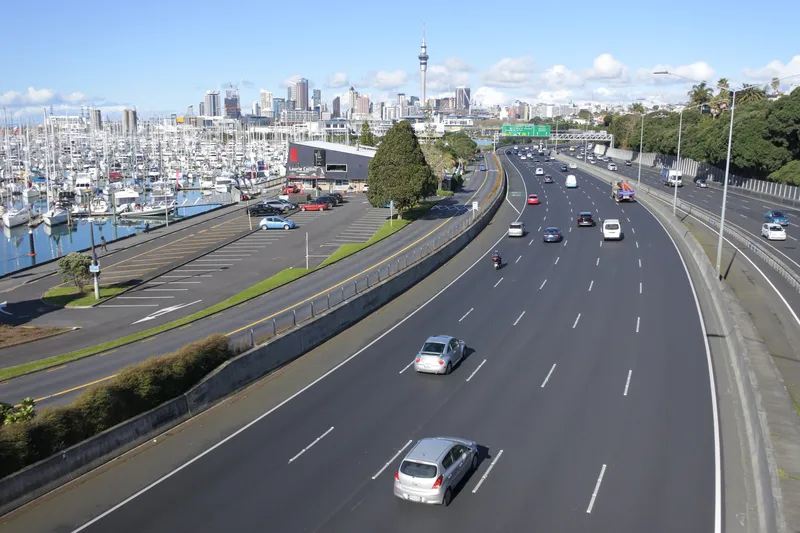The UK’s
The Government decision followed a public consultation to which FTA had contributed and states that in early 2015 the national speed limit for heavy goods vehicles of more than 7.5 tonnes on single carriageways will increase.
FTA said that this decision supports an improvement in road safety by reducing the 20mph differential between HGVs and other road users, as the changes will allow UK roads to be used more effectively and safely on single carriageway roads.
Commenting on the announcement Malcolm Bingham, FTA head of Road Network Management Policy said: “The FTA strongly supports this decision as we believe there is evidence confirming that road safety will be improved if the differential between HGVs and other road users is reduced. Many motorists do not understand that the limit for lorries is only 40mph and this can lead to frustration and on occasion risky overtaking.”
The current speed limit was introduced in the 1960s, since when lorry technology has advanced considerably. The change will modernise an antiquated restriction, which is not matched in most other European countries.
Bingham continued: “This decision will allow changes to enable our roads to be used safely, and will save time for hauliers resulting in an economic benefit which has been estimated as being worth £11m a year across the freight and logistics industry.”
This change will be implemented via a change in the law to be put to parliament during the next few months. The existing 40 mph limit continues to apply until the change has been put into effect. The amended speed limit will cover single carriageway roads outside built up areas in England and Wales, unless specific lower local speed limits are in effect.
FTA backs HGV speed limit increase
The UK’s Freight Transport Association (FTA) has voiced its support of today’s announcement that the HGV national speed limit on single carriageway roads will increase from 40mph to 50mph.
The Government decision followed a public consultation to which FTA had contributed and states that in early 2015 the national speed limit for heavy goods vehicles of more than 7.5 tonnes on single carriageways will increase.
FTA said that this decision supports an improvement in road safety by reducing the 20mph
July 24, 2014
Read time: 2 mins








